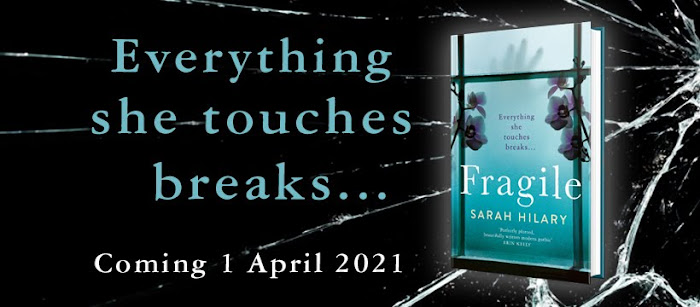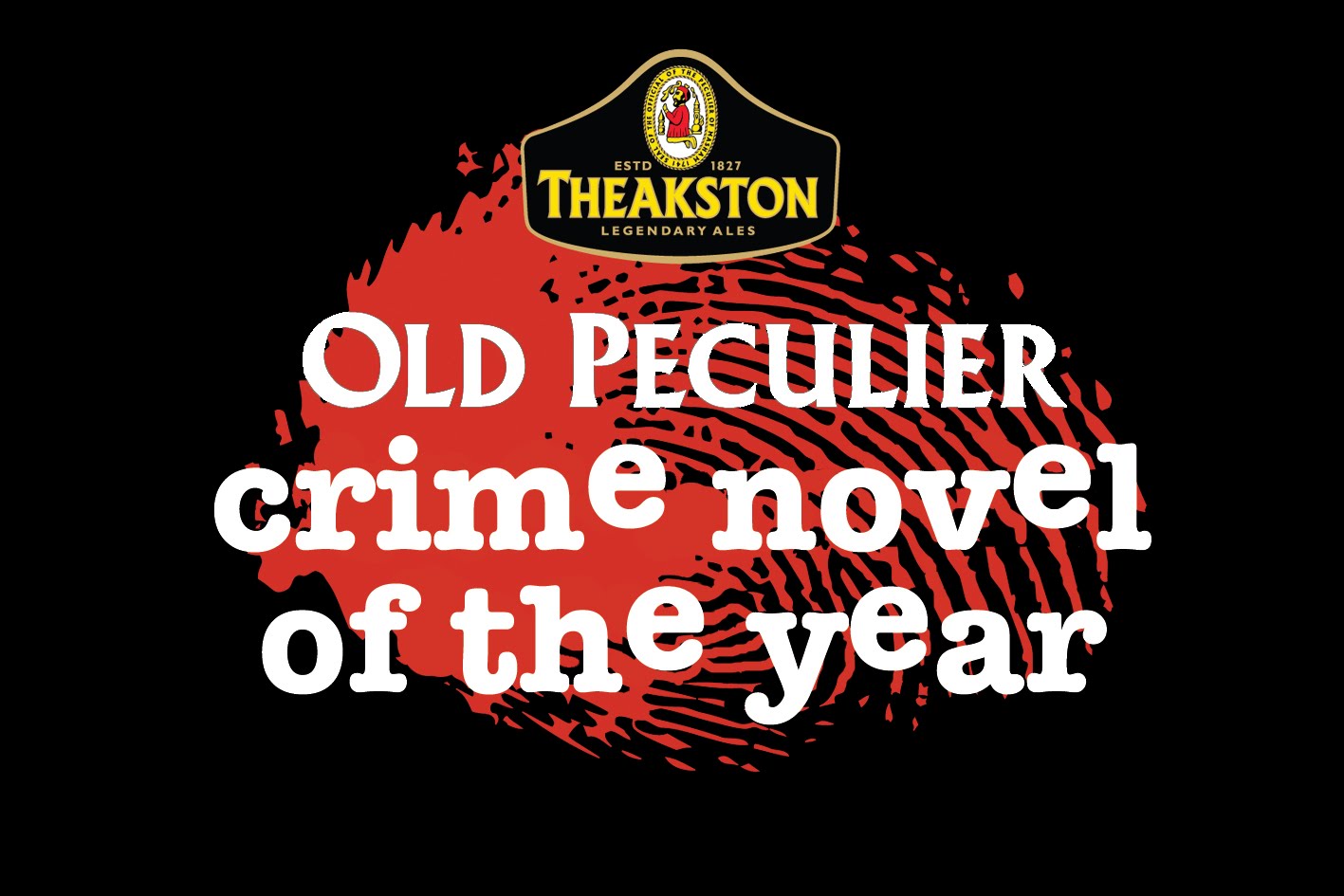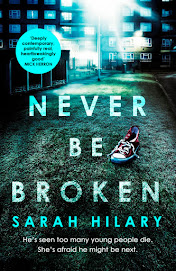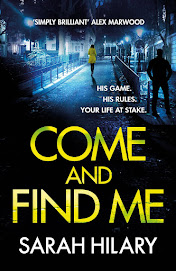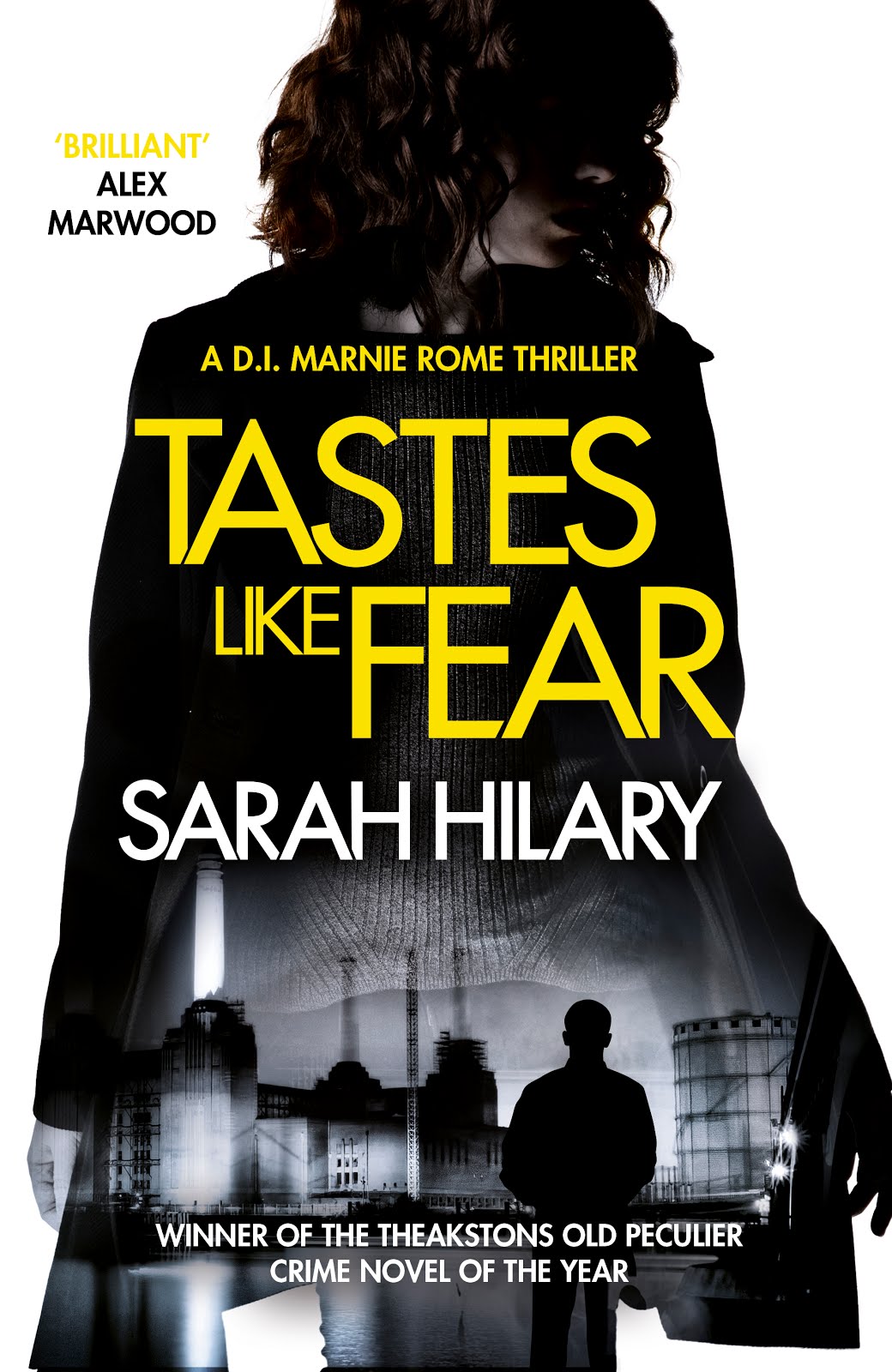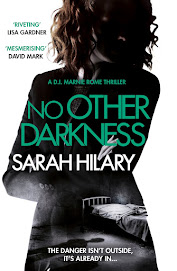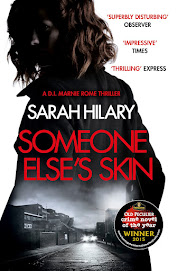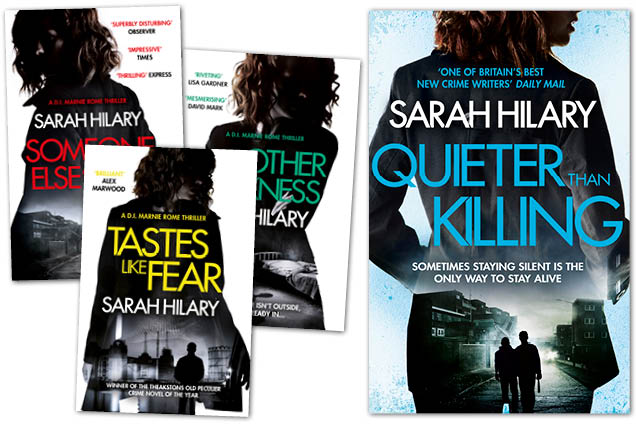 Back in April I blogged about a visit to my writing mentor and close family friend, Ranald Graham. What I didn't say at the time was that Ranald was dying, of Motor Neurone Disease (MND), an excruciating illness that had killed my father ten years before. Ranald battled the worst symptoms with courage and an appetite for information that defeated the experts in the disease, about which so much remains unknown.
Back in April I blogged about a visit to my writing mentor and close family friend, Ranald Graham. What I didn't say at the time was that Ranald was dying, of Motor Neurone Disease (MND), an excruciating illness that had killed my father ten years before. Ranald battled the worst symptoms with courage and an appetite for information that defeated the experts in the disease, about which so much remains unknown.Ranald it was who taught me that writer's block is the alias for a bad idea; that writers would rather be thought lazy or prevaricating than lacking in ideas. It was a theory, a great one. Ranald was a man of theories, of boundless energy and enthusiasm; an hour in his company left your head spinning in all sorts of exciting directions, often concurrently. He had a genius for inspiring those around him, for making life feel like a big adventure with endless questions to be asked and discussions to be had. He's perhaps best known for his TV writing, for The Professionals and The Sweeney, but he also worked in Hollywood, writing the last cowboy movie never filmed and a horror film directed by William Castle, who produced Rosemary's Baby.
I knew Ranald because he was a child internee of the Japanese, one of the children imprisoned for nearly four years at Batu Lintang camp in Borneo. My mother was a year older than Ranald, the pair of them five and six respectively when the camp was liberated by the Australians on 9th September 1945. Ranald was remembered by Nurse Hilda Bates in her diary of the prison camp. There's a decent dedication page on Wikipedia, and links to various obituaries, but nothing that quite captures the spirit of the man.
In Ranald, I lost someone with whom I felt a unique connection, a champion for my efforts as a writer, a role-model and an amazing man. Someone so full of passion and humour and optimism. Someone who gave so much and had so much still to give. His last words to his best friend: "There's still so much to discuss..." He knew how to live. How to really live. What I wouldn't give for an ounce of that joy he felt, and shared. Of everyone, he deserved to live a long life, because he'd have kept on giving - spreading joy and showing the rest of us how to tackle the messy business of living.
To watch a 90 second film about the devastating effect MND has on lives, click here. Please note it is certificate 15. You can learn more about MND here.
Tweet
